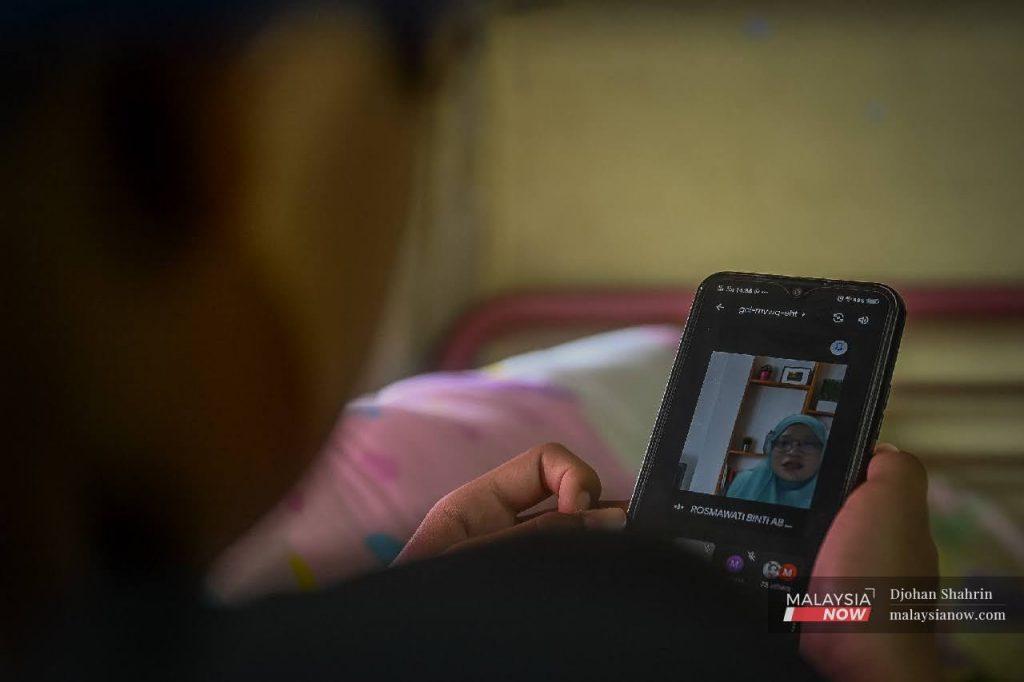The success stories of digital learning
While online learning might not displace traditional textbooks, it can help teachers and students go one step further.
Just In
Up until 2020, face-to-face learning in the physical classroom was the main medium of education for the majority of schools in the country.
The onset of Covid-19 early that year caused chaos in the education system as schools were closed and teachers and students alike scrambled to adjust to home-based teaching and learning (PdPR). Teachers’ workloads doubled overnight, and students began losing interest in their studies.
But while the dominant emotion during this time appeared to be stress, here and there, stories of success surfaced alongside the prevailing narrative.
Nashimah Banu of the Selangor Matriculation College recalled the early difficulty she experienced in shifting her biology classes to the virtual classroom.
“It was hard at first as biology is a very hands-on subject,” she said in an online session with Google Malaysia today.
“I was comfortable with conducting physical classes, so I had to train myself – as a teacher, my confidence should be there. But matriculation students are very fast,” she added, referring to their ability to adjust to the situation.
She said digital platforms such as Delima which were established for the express purpose of online learning also helped her students keep up with their classes.
Teacher S Premalatha agreed that the closure of her school, SJK (T) Ladang Krian in Nibong Tebal, Penang, had caused some problems among those of her students who were unfamiliar with digital devices.
In the end, though, they managed to overcome these difficulties, she said.
“The challenges in the rural area – the students struggled just to find the letters on the keyboard,” she said.
“But they were always excited and always asked how they could use the Chromebooks. This made me realise that as long as we give them the opportunity and space, they will make use of it.”
Cladius Upin from SMK Rancha-Rancha in Labuan, Sabah, said the PdPR method allowed his more introverted students to express themselves in class.
“It’s harder to get feedback from such students in the physical setting,” he said.
“But last year, I got them some online gaming activities and assignments, and this group of Form One students who were introverts – they were the first to complete the assignments.”
Nashimah added that online learning had made her students more interested in their lessons, and in making the most of the digital and virtual resources available.
“Online learning has become the best platform for science subjects,” she said.
“We only have to prompt them to find some information, and they will do the search on Google. They can get the latest information on the subkect, and they had webinar sessions with students from other colleges.”
But this does not mean that textbooks are no longer relevant, said Benny Lau of SMK Taman Desa Jaya in Johor.
“Digital technology is a bonus and can be used as supporting tools,” he said.
“Textbooks do not provide all of the information. They are more of a guide for students.
“Textbooks provide the link and QR code, and teachers guide the students to explore the subject outside of the textbooks.”
Subscribe to our newsletter
To be updated with all the latest news and analyses daily.
